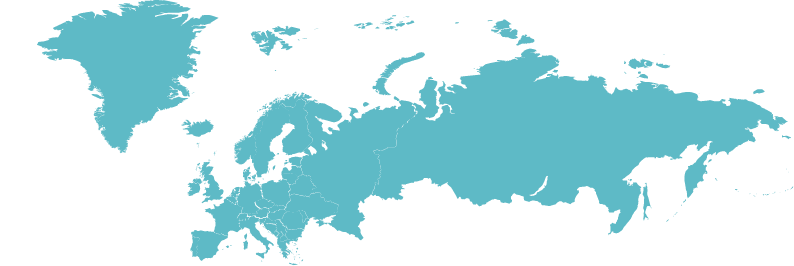
An average person lives in his or her head. From kindergarten until university we are indoctrinated with the idea that there is an answer to every question and a solution to every problem. In this way our need to understand and control keeps the illusion alive that we have a grip on our reality and have everything under control.
But nothing is further from the truth. In his book De Schaduw van de Verlichting, the psychologist Eddy Van Tilt speaks about 'the over-drive of rationality'. Because we give our ratio absolute status, we have become estranged of that part of reality that is not rational and with which we have lost touch. Van Tilt asks: "What happened that causes [people’s] heads to become so hard and their hearts so weak?"
Because we are confronted with the pathological results of too much ego, the delusion of manipulability and rationalizing rises. The psychiatrist Mark Epstein reacts to this as follows: 'Our thinking mind is compulsive, because it does not want to forget or be forgotten and therefore always has something to do'.
That is why it will not be easy to "let go of everything" on holiday.
Because as hungry and restless as our mind is, preoccupied with the past and the future, it will need other kinds of stimuli, in order not to forget or be forgotten.
We can put our mind at rest.
In the first place by keeping our heart open, by simply observing what happens inside ourselves and by reconnecting with our body, our surroundings, and by accepting ...to be moved. When we enter silence, we will experience "now" and not so much hearing it, but rather feeling it or even better, experiencing it.
To obtain this, it is not necessary to leave your ego or anything else behind, but to look past its borders. 'By standing still we do not see new things, but we look at things in a different way', is what C.G. Jung concluded once.
Or how going on holiday is mainly... silence in your head and heart.
